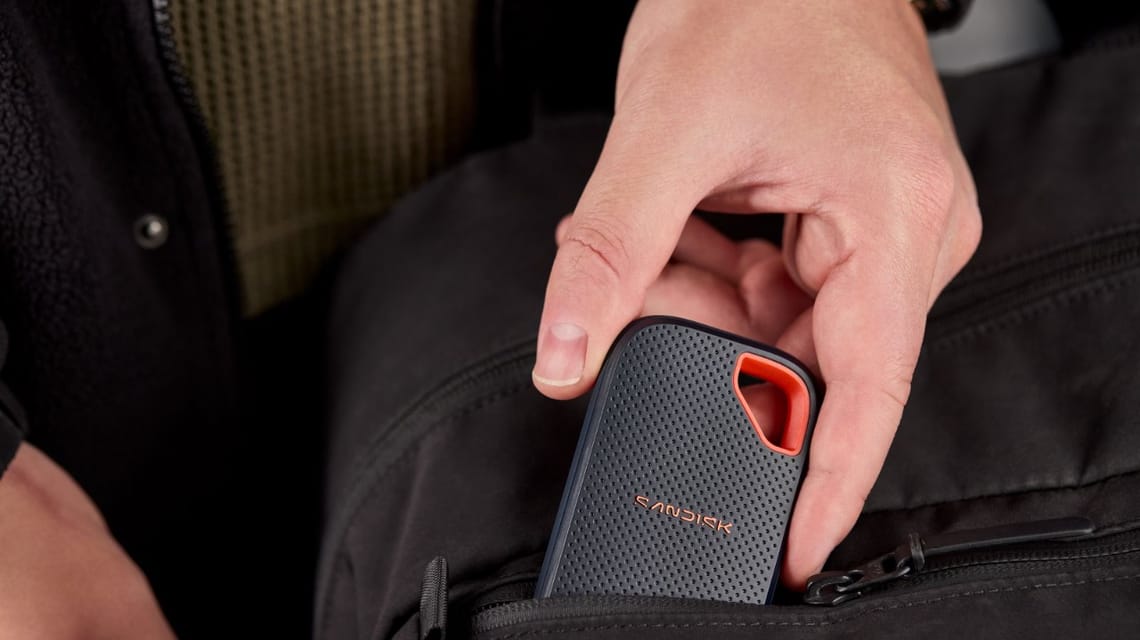Huru has launched in the UAE with a Central Bank licence and a very specific target: residents who struggle to access mainstream banking. The app offers instant, zero-balance IBAN accounts using only an Emirates ID, plus a Visa ATM card, local and international transfers, bill payments and simple savings tools. Employers can pay salaries straight into these accounts, with wage protection compliance baked in. Loans and healthcare tie-ups are planned next.
What Huru offers today
Huru positions itself as a one-stop money app rather than a basic wallet. The core pitch is keeping more of your salary in your hands, not lost to fees.
- Instant, zero-balance IBAN with Emirates ID
- Digital and physical Visa ATM card
- One free ATM withdrawal per month
- Local transfers, international remittances, bill pay
- “Saving Pots” for simple goals
These features matter in the UAE, where many workers either don’t qualify for traditional accounts or face high minimum balances and fees. Being able to open an account with a valid Emirates ID, receive salary, move money, and set aside savings addresses everyday pain points. The free monthly cash withdrawal is small but practical. Remittances and bill pay inside the app reduce time spent queuing at exchange houses.
- Related reading on tbreak: du Pay’s “salary in the wallet” service and how it compares for workers without bank accounts.
For employers: payroll with fewer headaches
Huru also speaks to businesses, promising a cleaner payroll path for staff who don’t have conventional accounts.
- Salaries paid into zero-balance IBANs
- Built with wage protection standards in mind
- Less admin, better access for staff
- Potential boost to retention and wellbeing
The claim is simple: with salary going into an actual IBAN account rather than a limited card, workers gain more control over their money. Employers get compliance benefits and fewer exceptions to manage. That can lift morale and reduce churn, which ends up as a real saving.
The Central Bank’s broader FIT programme is pushing faster payments and modern rails across the UAE, which should make solutions like this more reliable over time. See our explainer on the CBUAE and Presight digital payments JV.
Who’s behind it
Two names front the launch.
- Founder: Badr Al Ghurair
- CEO: Abhimanyu Girotra
- Founded: 2022
- Licensed by the Central Bank of the UAE
The founder frames Huru as “built in the UAE, for the UAE,” with a focus on dignity and practical access to money tools. The CEO ties this to financial inclusion at scale under regulatory oversight. The 2022 founding date suggests the team has been building and seeking approvals for a while before launch.
What’s coming next
Huru says it’s building a wider support ecosystem around the app.
- Tailored loans for people locked out of formal credit
- Medical partners for discounted consultations
- Free community check-ups
- Continued focus on transparency and low friction
These plans, if delivered, push beyond a wallet into everyday resilience: access to small, fairly priced credit and cheaper healthcare are two real levers for low-income households. We’ll track timelines and eligibility details once they’re announced.
Also worth a look: the UAE payments space is moving fast — from Network International’s merger with Magnati to cross-border experiments like DP World x PayPal.
How it fits the UAE market
Plenty of fintechs chase affluent users. Huru is going after the workers who keep the country running.
- Targets unbanked and underbanked segments
- Focus on fee transparency and easy onboarding
- Aligns with government digital finance push
- Salary deposit, remittance and savings in one place
If Huru sticks to the brief, it may reduce reliance on prepaid payroll cards and cash-based remittance trips. The key test will be pricing for transfers and FX, card fees beyond the one free ATM, and the speed and cost of sending money home. Those details aren’t in the press release, so watch the fine print at launch.
Is Huru licensed in the UAE?Yes. Huru says it is licensed by the Central Bank of the UAE.
What do I need to open an account?A valid Emirates ID. The account is zero-balance and can be set up in minutes, according to the company.
Do I get a card?Yes. Huru provides a digital and physical Visa ATM card, with one free ATM withdrawal per month.
Can I send money home and pay bills?Yes. The app includes local transfers, international remittances and bill payments.
What’s next on Huru’s roadmap?Planned features include tailored loans for those excluded from formal credit and affordable medical tie-ups, including discounted consultations and free community check-ups.
Subscribe to our newsletter to get the latest updates and news















Member discussion